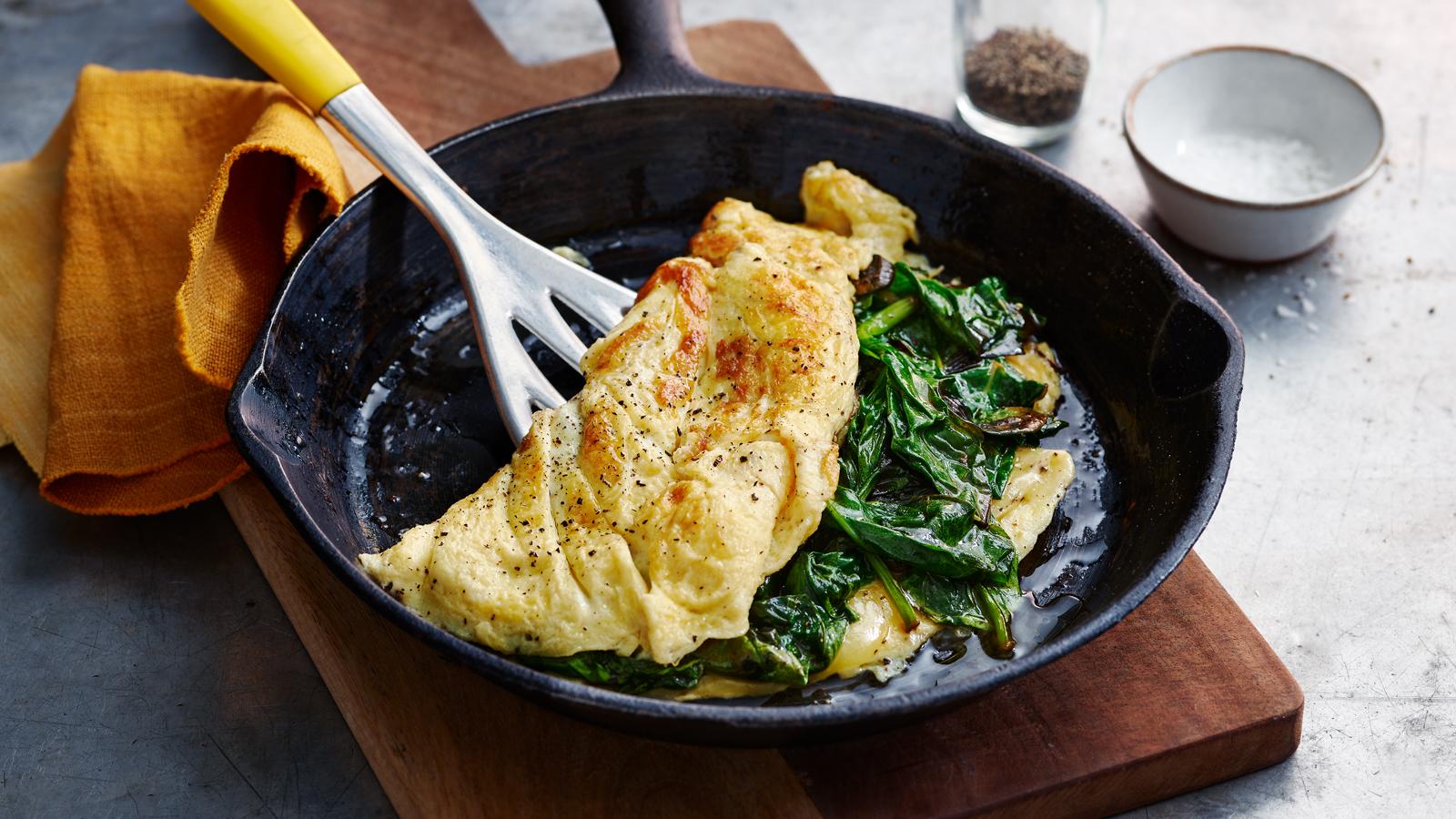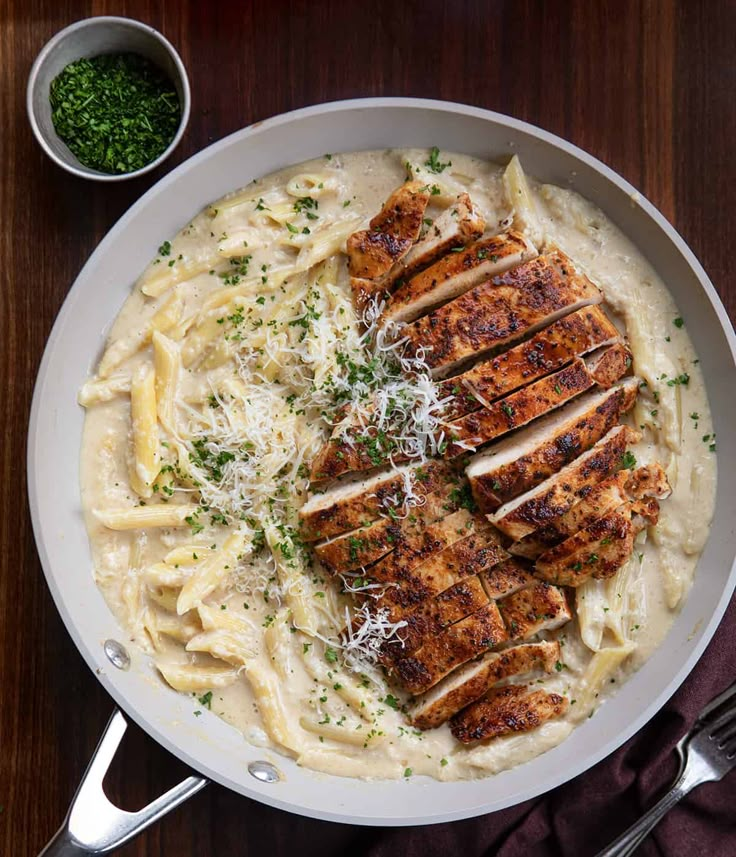Is there a greater morning triumph than serving up a fluffy, golden omelet packed with your favorite flavors? Whether you’re crafting a delicate French omelet or whipping up a hearty veggie-loaded version, the art of omelet-making is a skill every home cook should master.
This guide will take you step by step through the process of creating the perfect omelet. From selecting the right ingredients to advanced cooking techniques, you’re about to become an omelet pro.
Understanding the Basics
What is an Omelet?
An omelet is a classic, versatile dish made by beating eggs and cooking them in a skillet until set. The beauty of an omelet lies in its ability to transform with the addition of fillings like cheese, herbs, vegetables, or meats. Thought to have originated in ancient Persia, omelets have been embraced worldwide, each region adding its own cultural twist.
Essential Equipment
To master the perfect omelet, make sure you have the right tools on hand:
- Non-Stick Pan: A must for an evenly cooked, non-stick omelet. An 8- to 10-inch pan is ideal for individual servings.
- Whisk or Fork: A good whisk blends the eggs uniformly for a smooth texture.
- Spatula: A silicone spatula helps you fold the omelet seamlessly without breaking it.
Investing in these essentials sets the foundation for success.
Ingredients Matter
Choosing the Right Eggs
Not all eggs are created equal! For the fluffiest omelets, always opt for fresh, high-quality eggs. Farm-fresh or free-range options are not only better for the environment but also offer a brighter yolk and richer flavor.
Popular Fillings
Here are some classic and creative filling ideas to elevate your omelets:
- Cheeses: Cheddar, mozzarella, feta, or Gruyère.
- Vegetables: Mushrooms, bell peppers, spinach, tomatoes, and onions.
- Proteins: Ham, bacon, smoked salmon, or shredded chicken.
Seasoning
A simple sprinkle of salt and pepper goes a long way, but don’t stop there! Incorporate fresh herbs like parsley, chives, or dill for extra flair, or experiment with spices like paprika or cayenne for a bold kick.
Step-by-Step Guide to Making the Perfect Omelet
Step 1: Preparation
- Crack 2–3 fresh eggs into a bowl.
- Add a pinch of salt and a splash of milk or cream (optional, for added creaminess).
- Whisk vigorously until the mixture is uniform and slightly frothy.
- Prep your chosen fillings and keep them close by for quick assembly.
Step 2: Cooking Process
- Heat a non-stick pan over medium heat. Add a small pat of butter or a drizzle of oil, coating the surface evenly.
- Once the butter has just begun to bubble (but hasn’t browned), pour in the eggs.
- Stir gently with a spatula as the eggs cook, ensuring no part sets too quickly.
- When the eggs are mostly set but still slightly runny on top, sprinkle your fillings evenly.
Step 3: Folding Techniques
- The Classic Fold: Using your spatula, gently fold one side of the omelet over the fillings, creating a half-moon shape.
- The Roll: For a fancier presentation, roll the omelet from one side to the other, tucking in the edges.
Slide your omelet onto a plate and bask in its golden perfection!
Common Mistakes to Avoid
Overcooking
Overcooking leads to rubbery, dry eggs. Remove your omelet from the heat just before it’s fully set to ensure it remains soft and tender.
Using Too Much Heat
Cooking on high heat can cause uneven cooking and burnt edges. Medium heat is your best friend for a perfectly cooked omelet.
Overfilling
While tempting, too many ingredients can make folding and cooking your omelet evenly challenging. Stick with a moderate amount of fillings to maintain structural integrity.
Advanced Techniques
Soufflé Omelet
Looking to impress? Separate your egg whites and yolks. Whip the whites to stiff peaks, then gently fold in the yolks before cooking. The result? A cloud-like, airy omelet that’s a showstopper at brunch.
Spanish Tortilla
This hearty variation uses eggs, potatoes, and onions, slowly cooked into a thick, satisfying dish. It’s a wonderful option when feeding a crowd.
Omelet Variations from Around the World
French Omelet
Known for its silky texture, the French omelet is cooked slowly and remains pale in color. It’s a minimalist’s dream with just butter, eggs, and perhaps a sprinkling of fresh herbs.
Italian Frittata
A frittata is essentially an open-faced omelet baked in the oven. Loaded with vegetables, cheeses, and meats, it’s a meal in itself.
Serving and Presentation
Plating Ideas
For a professional touch, garnish your omelet with a sprinkle of fresh herbs, a dusting of Parmesan, or a drizzle of olive oil.
Side Dishes
Pair your omelet with a simple side, such as buttered toast, a fresh garden salad, or crispy hash browns. These additions round out your meal for a satisfying breakfast or brunch.
People Also Ask
What makes an omelet fluffy?
Whisking the eggs thoroughly and cooking them gently over medium heat helps create a fluffy texture. Adding a splash of milk or cream can also enhance the softness.
Should I use oil or butter for cooking an omelet?
Butter adds a rich flavor, while oil provides a neutral, high-heat option. You can also combine both for the best of both worlds!
How can I avoid breaking my omelet when folding?
Ensure your omelet isn’t overfilled and use a quality non-stick pan. A flexible spatula also makes the folding process easier.
Master Your Omelet Game
Congratulations, you’re now equipped with the knowledge to make the perfect omelet! Whether you stick to the basics or experiment with global variations, the possibilities are endless.
Now, grab those eggs, heat up your pan, and create a morning masterpiece. Don’t forget to share your success stories (and delicious pictures) with us!




